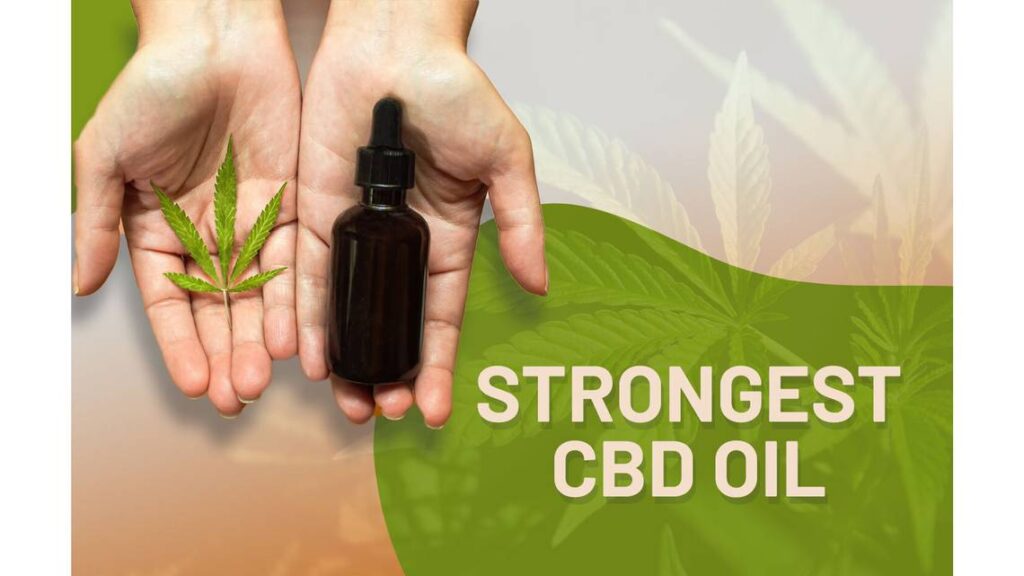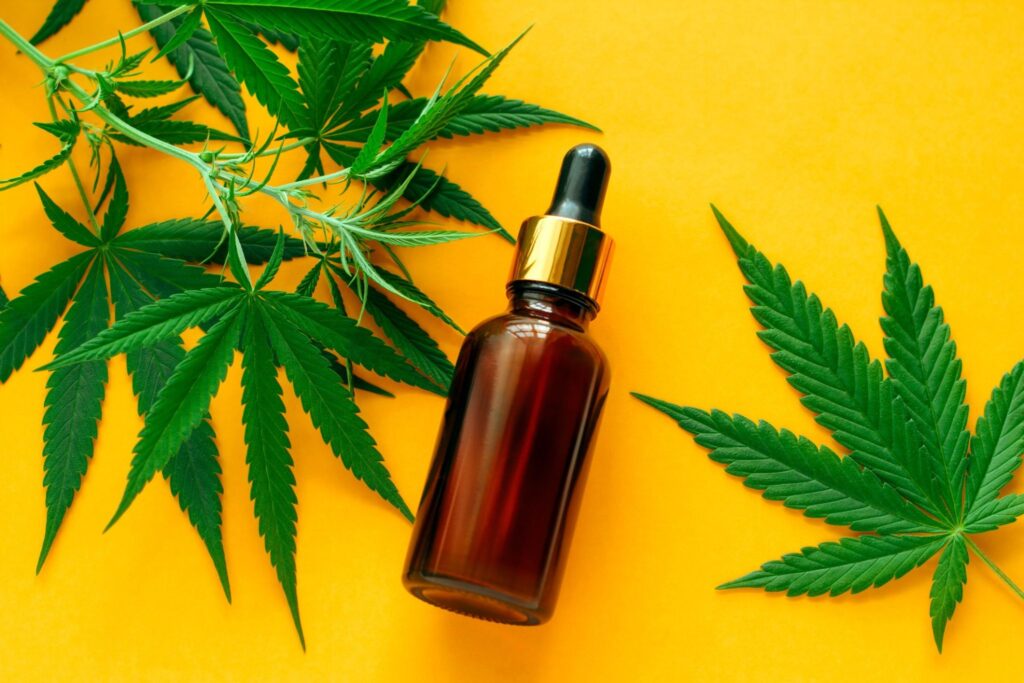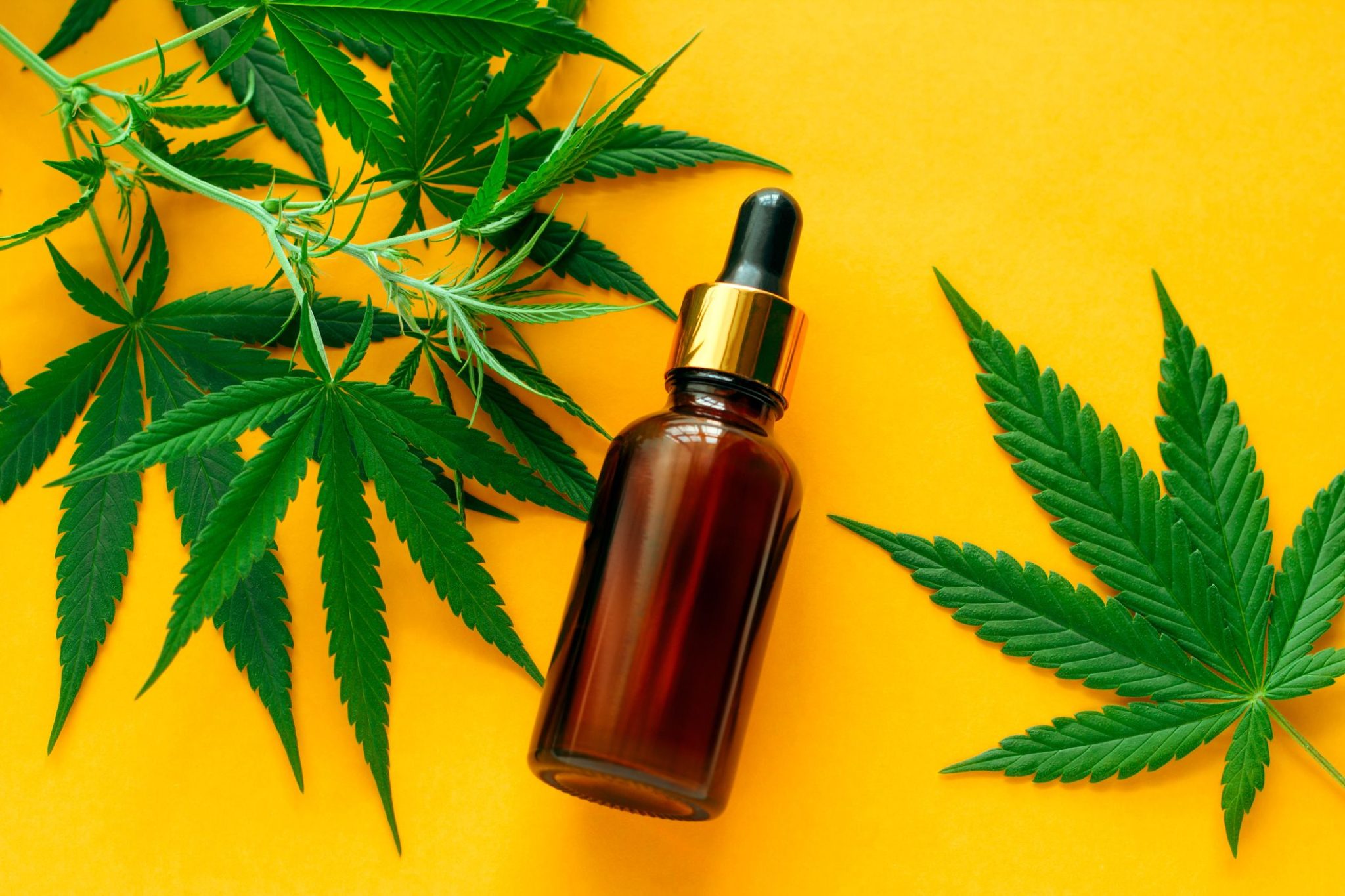In the world of natural remedies, CBD oil and hemp oil have gained significant popularity for their potential health benefits. As interest in these products grows, it’s crucial to understand the differences between CBD oil and hemp oil, despite their similar origins. Whether you’re exploring options for wellness or considering therapeutic alternatives, knowing what sets these oils apart can help you make informed choices.
What is CBD Oil?
CBD (cannabidiol) oil is derived from the flowers, leaves, and stalks of the hemp plant, known for its high CBD content and minimal THC (tetrahydrocannabinol) levels. THC is the psychoactive compound that produces a ‘high’ in marijuana users but is present in trace amounts in hemp-based CBD products. CBD oil is revered for its potential therapeutic effects, such as reducing anxiety, alleviating pain, and promoting relaxation, without the intoxicating effects typically associated with cannabis.

Understanding Hemp Oil
On the other hand, hemp oil, sometimes referred to as hemp seed oil, is extracted solely from hemp seeds. This oil contains little to no CBD or THC and is primarily valued for its nutritional content. Hemp seeds are rich in omega fatty acids, vitamins, and minerals, making hemp oil a popular addition to skincare products and dietary supplements. Its benefits lie more in its nutritional profile rather than its therapeutic properties.
Key Differences Between CBD Oil and Hemp Oil
- Source of Extraction: CBD oil comes from the whole plant, including flowers, leaves, and stalks, while hemp oil is extracted solely from hemp seeds.
- Cannabinoid Content: CBD oil contains significant levels of CBD, a non-intoxicating cannabinoid, whereas hemp oil does not typically contain cannabinoids like CBD or THC.
- Uses and Benefits: CBD oil is primarily used for potential therapeutic effects such as pain relief and anxiety reduction, whereas hemp oil is valued for its nutritional content and skincare applications.
- Legal Considerations: The legality of CBD oil and hemp oil can vary depending on local regulations. CBD oil derived from hemp with less than 0.3% THC is federally legal in many countries, including Canada, under specific conditions.
- Availability and Market Trends: CBD oil is often found in dispensaries and wellness stores, marketed as a natural remedy. Hemp oil is more commonly available in health food stores and online retailers, focusing on its nutritional benefits.
CBD Oil in Canada
In Canada, the popularity of CBD oil has soared, with a variety of products available to consumers. From CBD tinctures to edibles, Canadians have embraced these products for their potential health benefits. As regulations continue to evolve, CBD Canada is at the forefront of ensuring quality and safety standards for consumers.

Conclusion
While CBD oil and hemp oil share the same source plant, their compositions, uses, and potential benefits differ. Whether you’re seeking relief from chronic pain or looking to enhance your skincare routine, understanding these differences empowers you to choose the product that best aligns with your needs and lifestyle. Always consult with a healthcare professional before integrating any new supplement into your regimen to ensure it complements your overall wellness strategy.






